
I resisted becoming a teacher. I had friends and family members who were teachers and I saw how much time they spent working at school and working at home. That scared me because I wanted to be a mom. I was worried about how to be an effective teacher and mother. When I finally gave in to my desire to be a teacher, I went in determined to be different.
And that went terribly for the first two years.
I worked early in the morning and late into the afternoon at school. I worked at home every night, every weekend, and even on holidays and breaks. My kids came to the school with me during summer break and I bribed them with Pop Tarts so that I could work more.
I was miserable and I cried often. But people told me that this is just the way that it is when you are a teacher- especially a new teacher. I felt like they were telling me, “If you feel like crap, you are doing it right.”
I want to tell you something that took me two years to discover. And I need you to believe it.
After two years of missing my husband and my children, I decided to make some changes. I loved my students and I vowed to give them the very best version of myself while I was at school. But the only way to give them my all was to take back my personal life. I would no longer spend every night working.
The next two years were incredible. I formed deep and meaningful relationships with my students and their families. I saw huge growth in test scores and I saw a true excitement to learn in my classroom.
But, I also went home at my contracted time 4 out of 5 days each week. I didn’t do any school work on Saturdays and I enjoyed my spring break with the kids. I had time to go to happy hour with friends and read books that had been sitting on a shelf collecting dust. In short, I became a better version of myself when I wasn’t at school.
I am excited to share five of the tips and strategies that helped me to take back my life and still be an amazing teacher.
1. Use Your Calendar Wisely
I had dozens of notebooks and sticky notes with to-do lists on my desk, classroom counters, computer screen, in my car, and at home. Plus, I always had a list on my phone. I was always adding new things to the never-ending list.
I could never finish the list and I always felt disappointed at the end of each day.
Sound familiar? Do you also have a mile long list that you never complete?
Ditch that to-do list!
You will NEVER be able to get everything done. The key is to prioritize and get the most important things completed. This means that you will need to grab your calendar and carefully plan your week in order to be productive.

Here is a look into my process for planning my week:
- Decide on your work hours and block those hours on your calendar.
- Take a look at your long list of things you want to do and start by choosing just THREE that you absolutely must do. These are probably things like doing your lesson planning, grading certain assignments, and communicating with parents.
- Schedule specific times on your calendar to FINISH each of those tasks. Do not just schedule time to “work on” a task. If a task is too large to complete in one sitting, break it into smaller pieces. You might not be able to finish your grading in one sitting. Instead, write which assignment you will finish grading or how many of an assignment you will complete. Be specific!
- After you schedule the three must-dos, you can add additional tasks if there is open space during your work hours. However, I do suggest leaving a little flex time for things that just pop up during the week and need to be handled immediately.
- Reflect at the end of the week about what worked and what did not work. It takes some time to really understand how long tasks take for you to complete. You will get better at planning!
Set yourself up for success this week by intentionally planning your time so that you aren’t working more hours than you have planned.
2. Batch Lesson Planning
You love cookies. You enjoy having two cookies every night after dinner. Do you whip up two fresh cookies every night?
No way! It is time consuming to get out all of the tools and ingredients, read the recipe, mix, put in a pan, and bake. No one- especially busy teachers- has time for that every night.
So what do you do? You make a batch of two dozen cookies at a time and enjoy the cookies all week. (If you have will power and don’t eat the entire tin of cookies the first night.)
Batching saves time!
Lesson planning, like cookie baking, can also be batched.

Wednesday was my lesson planning day. I always had that time after school blocked on my calendar.
When I was a new teacher, I would sit down and lesson plan for the following week. So I had to plan for math, reading, writing, science, and social studies for the week. This meant that I had to grab multiple teacher manuals, curriculum pacing guides, open a variety of websites, and print from multiple files. My desk was usually piled high with materials and I would be working late into the night.
Then I discovered batching!
Batching my lesson plans means that on Wednesday, instead of planning for every subject, I would just focus on one. I would create four weeks worth of math lesson plans in one sitting. The next week, I would write four weeks of reading plans.
This saves so much time! I only need to get out the materials for one subject. Plus, I am able to get my brain into the zone. It’s tough and a little slow to get started on a new task. After a little bit, you get into a flow and the output is easier and faster. You are not asking your brain to go back and forth between tasks.
If you want to hear more about my batching plan and how to get started, click HERE.
3. Protect Your Planning Time
I loved to chat with my coworkers during plan time. It felt good to talk to another adult and laugh together about the funny thing a student said or the crazy email we received.
When you say “yes” to gossiping with your coworkers on your plan period, you are probably saying “no” to going home on time to be with your family.
Don’t get me wrong, I think that time with coworkers makes the job easier and more fun. I am NOT suggesting that you never enjoy time together. I am just suggesting that you are intentional with your time.
If you want to spend your plan time with your coworkers, make sure to include that on your calendar. If you can’t fit your must do tasks and the social time into your work hours, then consider using half of your plan periods for social time and the other half for work.
When you have scheduled work tasks for your plan period, close your door and get it done! Put a picture of your family in your work space to remind you of your why.
4. Make Routines Your Friend
As a new teacher, I seriously lacked classroom routines. Every week looked a bit different than the last. Every week I was searching through Pinterest and TpT for activities for each of the skills I needed to teach that week.
After I found the activities, I would need to read directions, prep, and spend time teaching my students HOW to do the activity.
The lack of routine cost me so much time!
I slowly started to look at every subject and created routines that we would follow each day or each week. For example, here is my grammar routine:
Monday: Mini Lesson
Tuesday: Interactive Notebook
Wednesday: Writing
Thursday: Task Cards
Friday: Assessment
This routine helped me to see exactly what types of materials I would need for each week. I could prep and plan faster because I knew what I needed and how to use the materials. In fact, I could look for bundles of task cards and interactive notebooks so that I didn’t have to search for activities each week.
Routines even saved class time!
5. Grade Smarter
When I was young, my aunt would fly to Arizona to spend a week with my family each year over Christmas break. I always looked forward to this time because we would plan special day trips for the entire week. But it never failed that my aunt, a teacher, would come with stacks of papers to grade. She was literally grading on her holiday break and vacation.
I watched that and decided that I would never be a teacher.
Thank goodness my heart changed. I was meant to be a teacher. But, I still hated to grade papers.
Grading is necessary because it is a conversation about growth with your students. But, I was always looking for ways to make grading easier.

Here are some of my best tips:
- Limit the number of writing samples that you assign and grade. If you know you are going to be grading an informational report one week, don’t assign a reading response essay the same week if possible.
- Don’t write corrections and notes all over student work. If you want to write a comment, keep it short.
- Don’t be afraid to use multiple choice and true and false assessments from time to time. Everything doesn’t have to be a long response.
- Use informal assessments whenever possible.
- Use parent volunteers to help with grading if you are allowed to do so.
- You DON’T have to grade every assignment that a student completes!

You were meant to be a teacher. Your students need you. But they need the best version of you. Rediscover the best version of you by spending less time at work and more time with family and friends.
The teacher who has boundaries and balance will have the most energy to teach and make a difference in the classroom!
Have a Not So Wimpy Day,


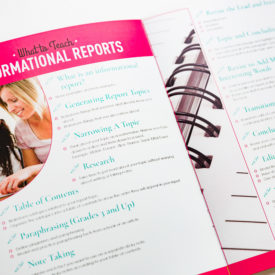
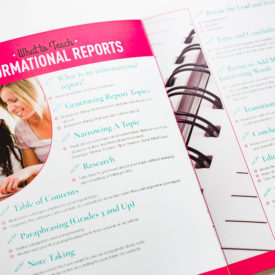
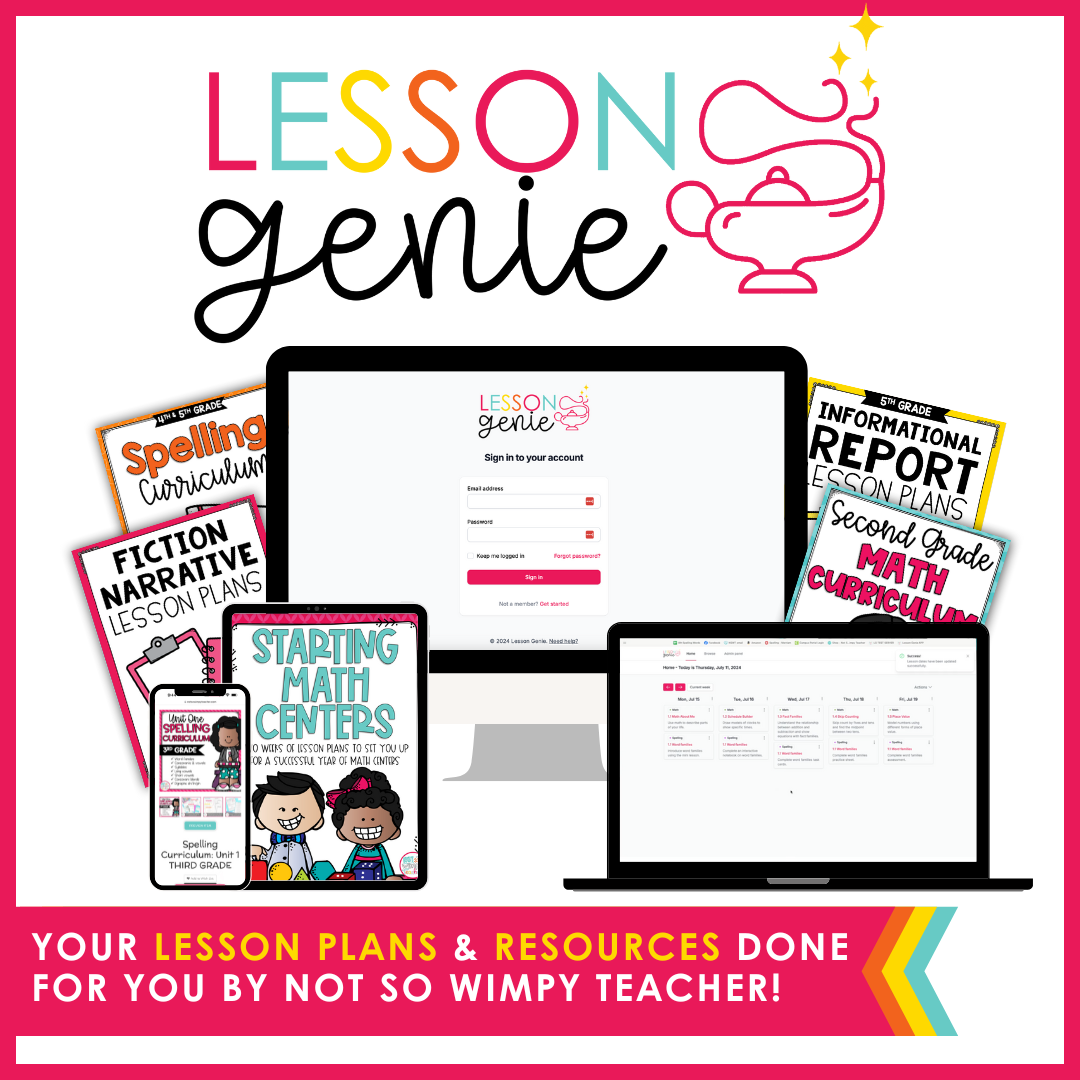
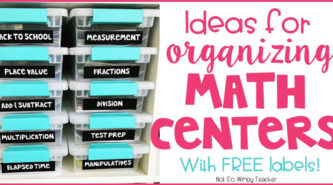

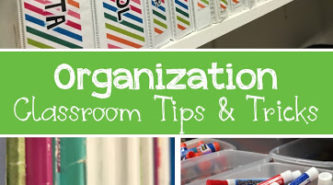
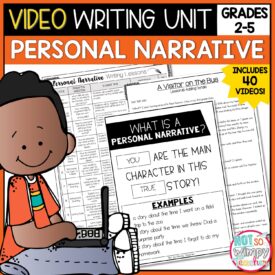
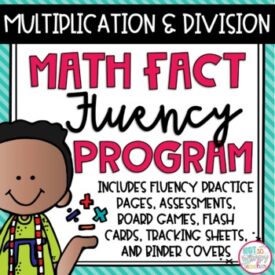
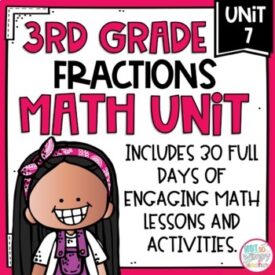
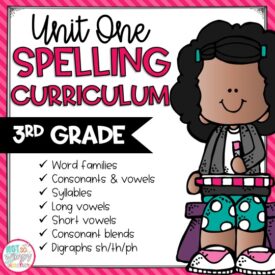
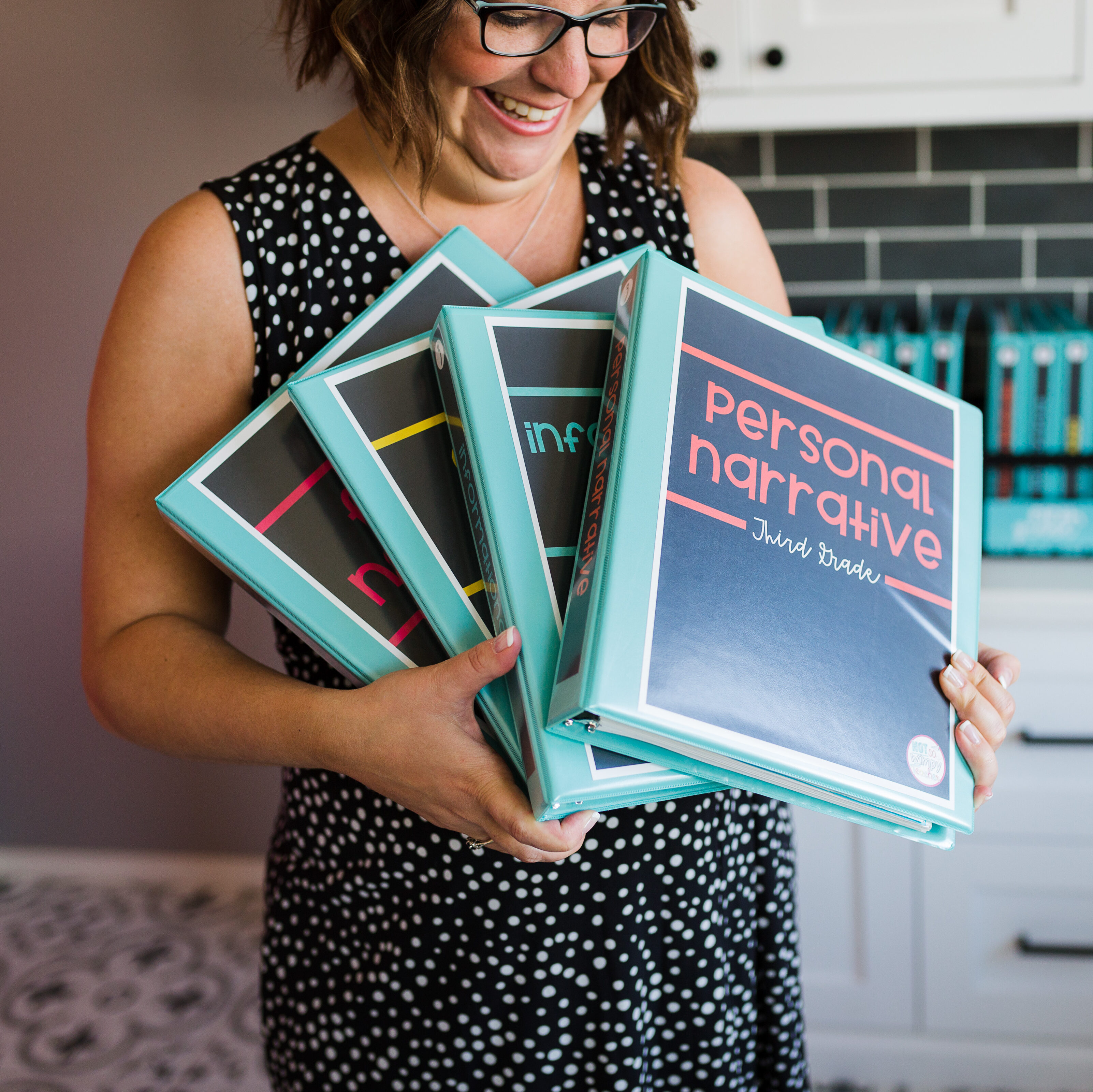

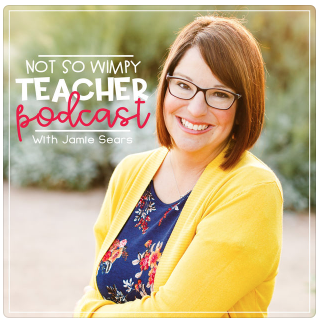




 End of Year Carnival Week for grades 2-5!
End of Year Carnival Week for grades 2-5!
I love the “batch” planning lesson plan idea!
I agree! And I would love for more guidance on how to create routines for the different subjects as well! It’s so hard to plan and fit everything in during the week as well. What kinds of routines could I do for reading? Math? I need all the help lol.
Hi Brittany,
Batching is a huge timesaver! This video from a prior training will help get your started. https://www.facebook.com/watch/live/?ref=watch_permalink&v=732666408054147 I also included batching plans in my book, How to Love Teaching Again. You can use this link for more information http://www.notsowimpyteacher.com/book
I am a new teacher, and your advice is so timely, you have no idea. All the challenges in teaching you mentioned are seriously leading me towards burnout. Thank you for providing practical, actionable strategies I can use to create a better work-life balance.
The batching idea is a wonderful idea. I have been teaching for years and I would like to share this with the newer teachers where I work. Thank you so much. ( I can use this too.)
You’re welcome! It’s really a timesaver.